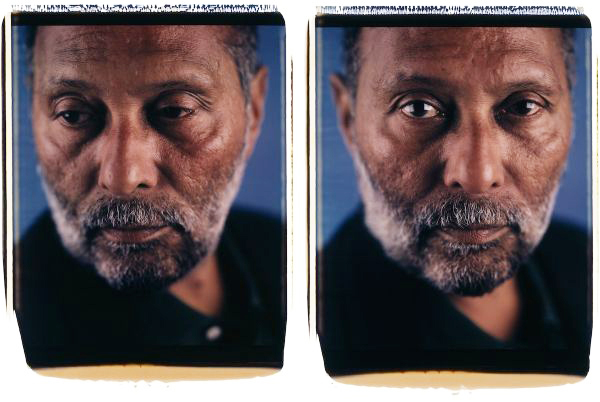
Professor Stuart Hall’s Desert Island Disks
13 February 2000
PROFESSOR STUART HALL was the first Black academic
castaway on the BBC Radio4 programme Desert Island Disks
where guests are invited to choose eight pieces of music they would
take with them if they were cast away on a desert island.
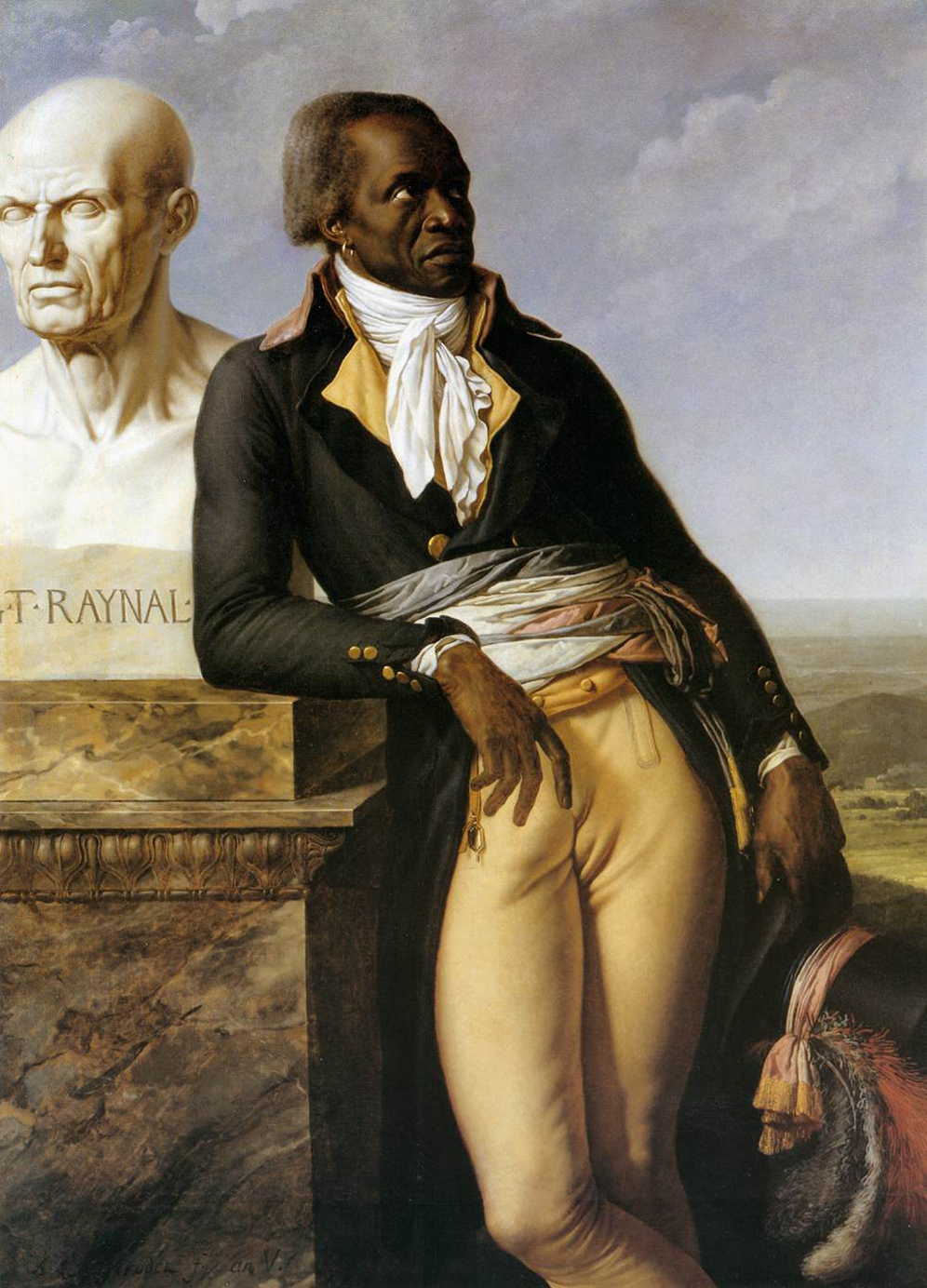
Jean-Baptiste Belley-Mars, the former slave who abolished slavery in France
04 February 1794
JEAN-BAPISTE BELLEY-MARS was enslaved as a boy and taken to Saint-Domingue where he managed to purchase his freedom. He had a distinguished career in the French army before returning to the island where he became a prosperous planter. He was elected to represent the colony at the French National Convention in Paris in 1794 and is widely credited with persuading that body to abolish slavery in France and its overseas colonies following a powerful and emotive speech he delivered on February 4, 1794.

Malcolm X visits Smethwick at the invitation of the Indian Workers’ Association
12 February 1965
MALCOLM X, the human rights activist and iconic figure in the Black Power movement, made what turned out to be his last foreign trip – he was assassinated in New York nine days later – when he visited a row of terraced houses in Marshall Street, Smethwick in February 1965. He came at the invitation of the Indian Workers’ Association (IWA) to show solidarity with their struggle against the racist policies of the local Conservative council.
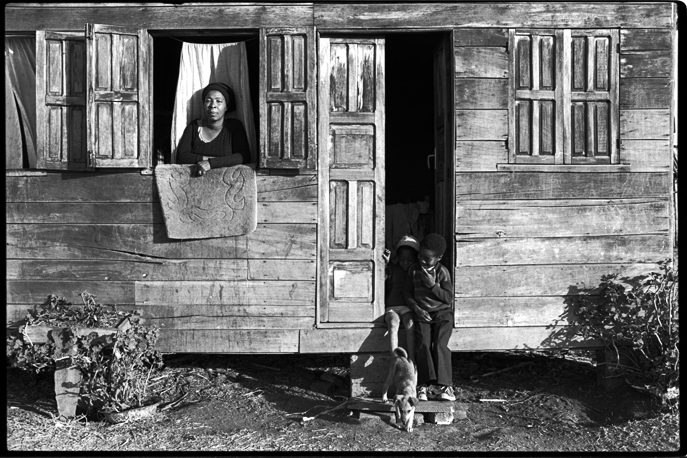
Meeting Inez Baugh in Shashemene: to be a pioneer is very dread
06 February 1981
DURING my stay in Shashemene I met many remarkable people, none more so than Inez Baugh who told me: “I came here on February 8, 1968 with two daughters and my husband and two months later Haile Selassie came to visit the farm. I have been here 13 years. It’s nice here if you’re a millionaire but for someone who is poor it’s very hard. Sometimes I get very blues. To be a pioneer is very dread.”
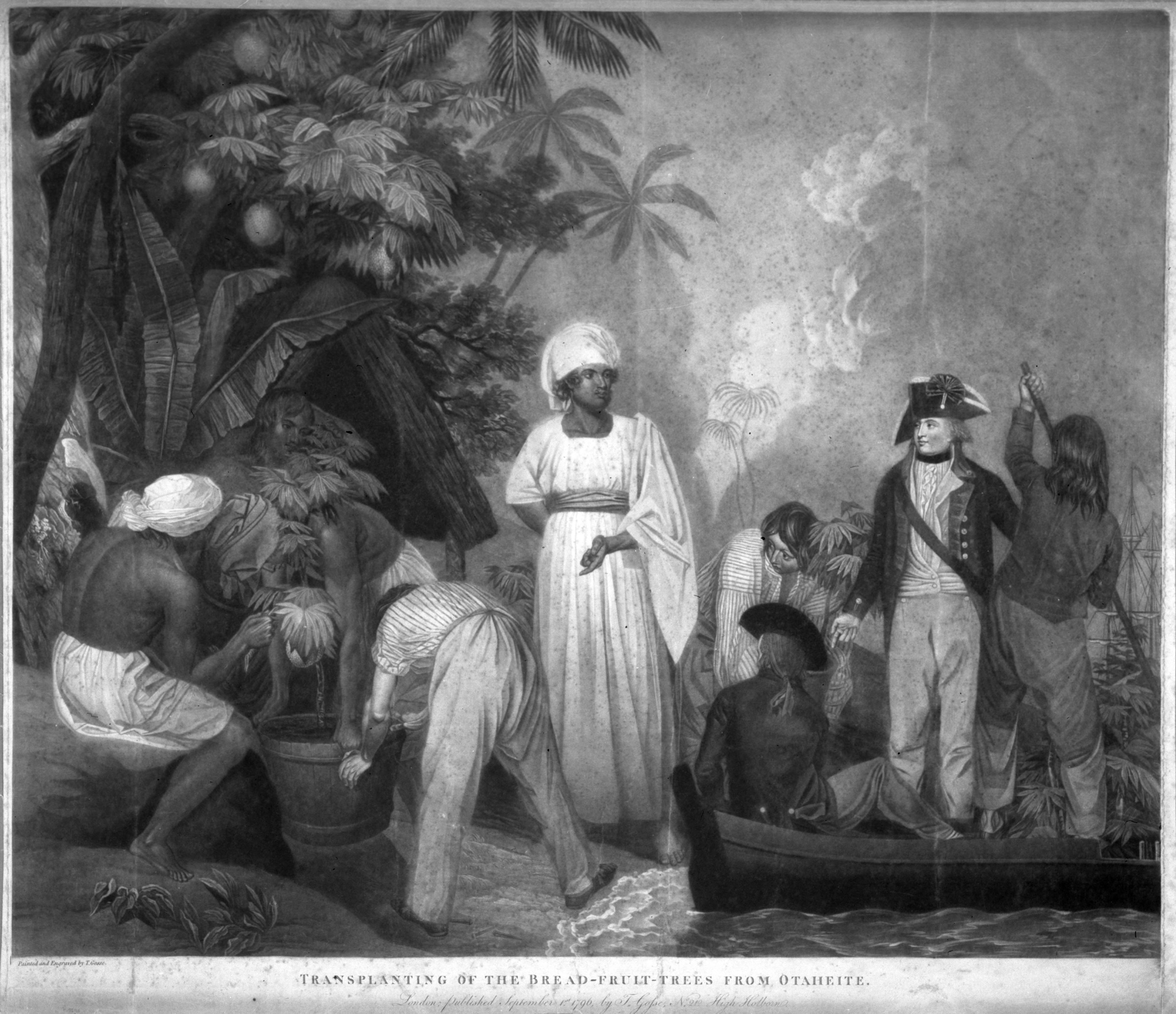
Bligh and the breadfruit: the role of botany in Empire
05 February 1793
IN MY household, nothing speaks more powerfully to nostalgic memories of Jamaica than a freshly roasted breadfruit, its charred exterior peeled away to reveal the firm, sweet, yellow flesh. Eaten in segments doused in black pepper and melted butter, it is the food of the Gods. It’s almost as good the following day, refried, for breakfast. But breadfruit is not native to the Caribbean: like other exotic fruits which have become synonymous with Jamaica such as coconuts and mangos, they arrived as part of the imperial arms race around food security that accompanied the slave trade. When William Bligh, who survived one of the most infamous mutinies in British naval history on his first attempt to transport examples of this super food to the Caribbean, finally landed in Jamaica in 1793 on his second voyage from Tahiti with his cargo of breadfruit saplings, he was fulfilling a key role in the expansion of the British empire.
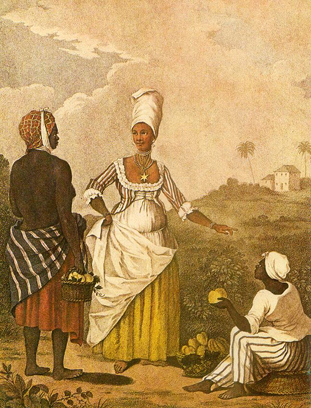
Matthew Lewis on ‘the highest object of the brown females of Jamaica’
08 February 1816
DURING an overnight stop in Rio Bueno en route to his estate in Cornwall, Lewis falls into conversation with his landlady – “a very pretty brown girl.” She tells Lewis she is the wife of an English merchant in Kingston who has provided her with a house. Lewis comments: “This kind of establishment is the highest object of the brown females of Jamaica; they seldom marry men of their own colour, but lay themselves out to captivate some white person who takes them for mistresses, under the appellation of housekeepers.” Lewis ends his dairy entry with a patronising jingle about these ambitions. His observations about mulatto women clearly reflect prevailing beliefs about the sexual appetites of women of colour and they also underline the way in which European prejudices based on race, colour and caste had become internalised at every level of Jamaican society.
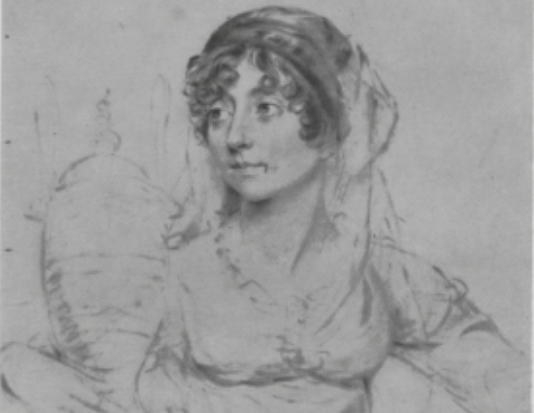
Lady Nugent: Breakfast in the Creole style “as astonishing as it was disgusting”
01 February 1802
“I OBSERVED some of the party, to-day, eat of late breakfasts, as if they had never eaten before – a dish of tea, another of coffee, a bumper of claret . . . sangaree, hot and cold meat, stews and fries, hot and cold fish pickled and plain, peppers, ginger sweetmeats, acid fruit, sweet jellies – in short, it was all as astonishing as it was disgusting.”
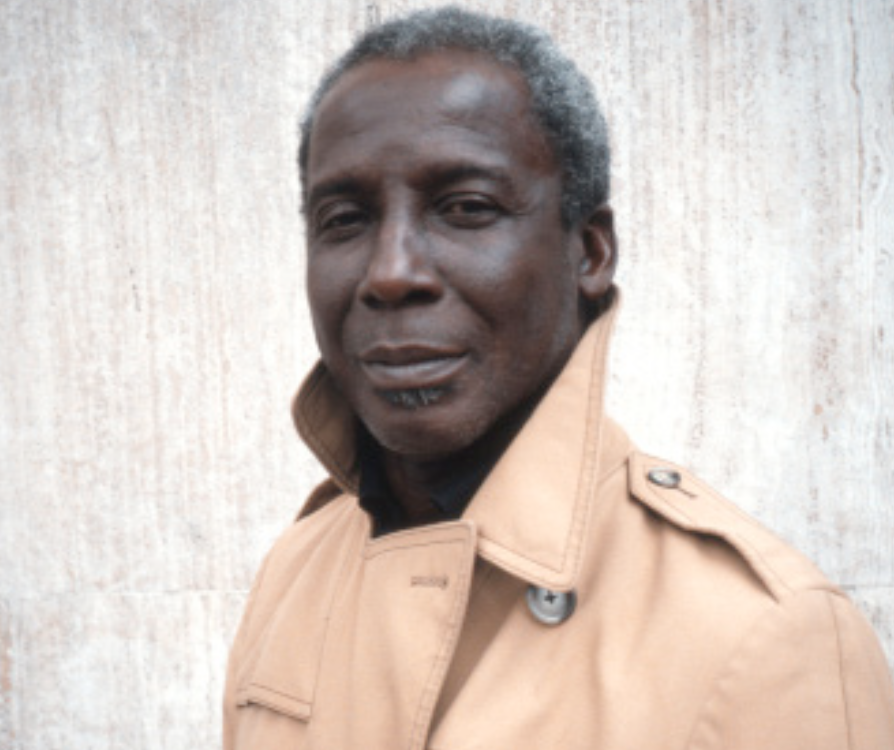
Professor Rex Nettleford Obituary
03 February 2010
PROFESSOR Rex Nettleford, who has died aged 76, was an academic, scholar, dancer, social commentator, editor, cultural activist and Vice Chancellor Emeritus of the University of the West Indies who made a massive contribution to redefining Jamaican national identity in the post colonial era.
